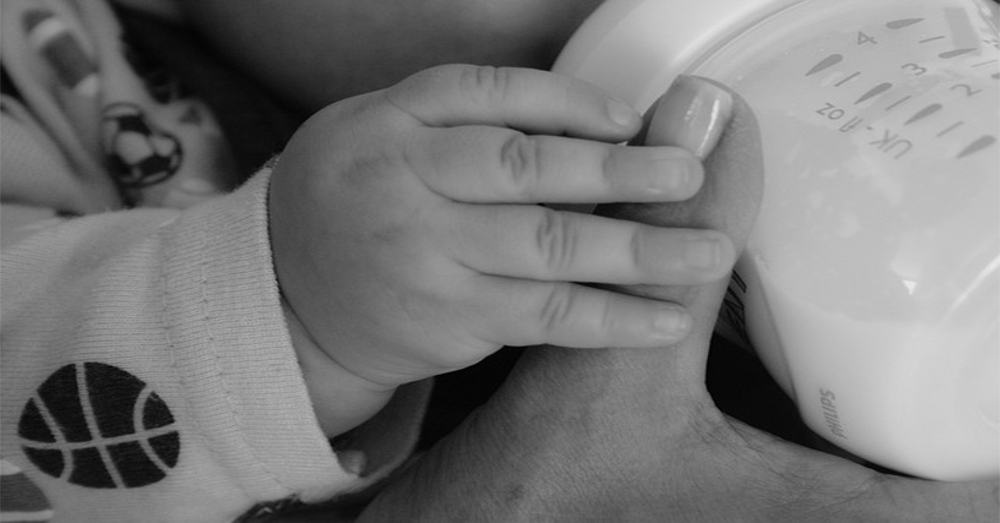
How Formula Milk Firms Target Mothers Who Can Least Afford It
Formula milk companies are continuing to use aggressive, clandestine and often illegal methods to target mothers in the poorest parts of the world to encourage them to choose powdered milk over breastfeeding, a new investigation shows.
A Guardian/Save the Children investigation in some of the most deprived areas of the Philippines found that Nestlé and three other companies were offering doctors, midwives and local health workers free trips to lavish conferences, meals, tickets to shows and the cinema and even gambling chips, earning their loyalty. This is a clear violation of Philippine law.
February 26, 2018 | Source: The Guardian | by Hannah Ellis-Petersen
Guardian/Save the Children investigation in deprived areas of Philippines finds companies flouting international code
Formula milk companies are continuing to use aggressive, clandestine and often illegal methods to target mothers in the poorest parts of the world to encourage them to choose powdered milk over breastfeeding, a new investigation shows.
A Guardian/Save the Children investigation in some of the most deprived areas of the Philippines found that Nestlé and three other companies were offering doctors, midwives and local health workers free trips to lavish conferences, meals, tickets to shows and the cinema and even gambling chips, earning their loyalty. This is a clear violation of Philippine law.
Representatives from Nestlé, Abbott, Mead Johnson and Wyeth (now owned by Nestlé) were described as a constant presence in hospitals in the Philippines, where only 34% of mothers exclusively breastfeed in the first six months. Here, they reportedly hand out “infant nutrition” pamphlets to mothers, which appear to be medical advice but in fact recommend specific formula brands and sometimes have money-off coupons.
Hospital staff were also found to be recommending specific formula brands in lists of “essential purchases” handed to new mothers. Targeted advertising on Facebook and partnerships with influential “mummy bloggers” means mothers are being exposed to more unregulated formula promotion than ever before.
At the same time, powerful lobby groups have been working to curtail government legislation regulating formula marketing and promotion, in the Philippines and across the world.
All companies have rejected the allegations and denied any wrongdoing.
‘Formula is expensive … I only gave her half bottles’
Mothers living in the ramshackle neighbourhoods of Metro Manila spoke of spending three-quarters of their income on formula milk, often forgoing food themselves.
TV advertising campaigns for follow-on milk by brands such as Bonna – which portray the “Bonna kid” as one who is smarter and succeeds in life – convinced them, they said, that bottle feeding is not only as good for the baby’s health as breast milk but will bolster their IQ and future prospects. Store displays of formula were splashed with claims such as “clinically proven to give the IQ + EQ advantage”. For mothers living in poverty, such aspirational marketing is particularly seductive.
